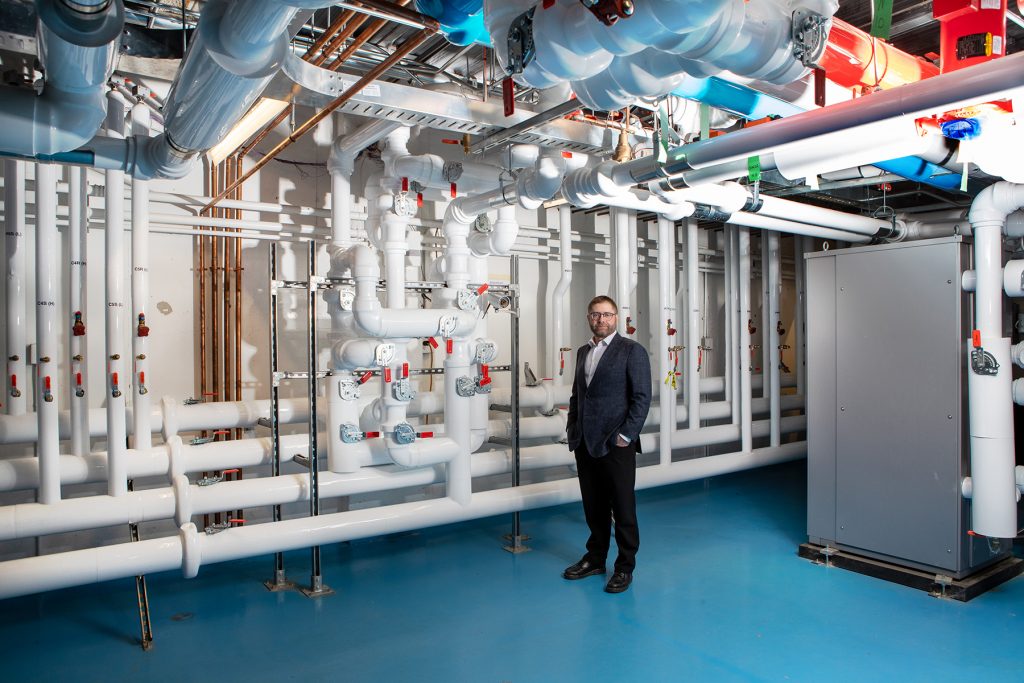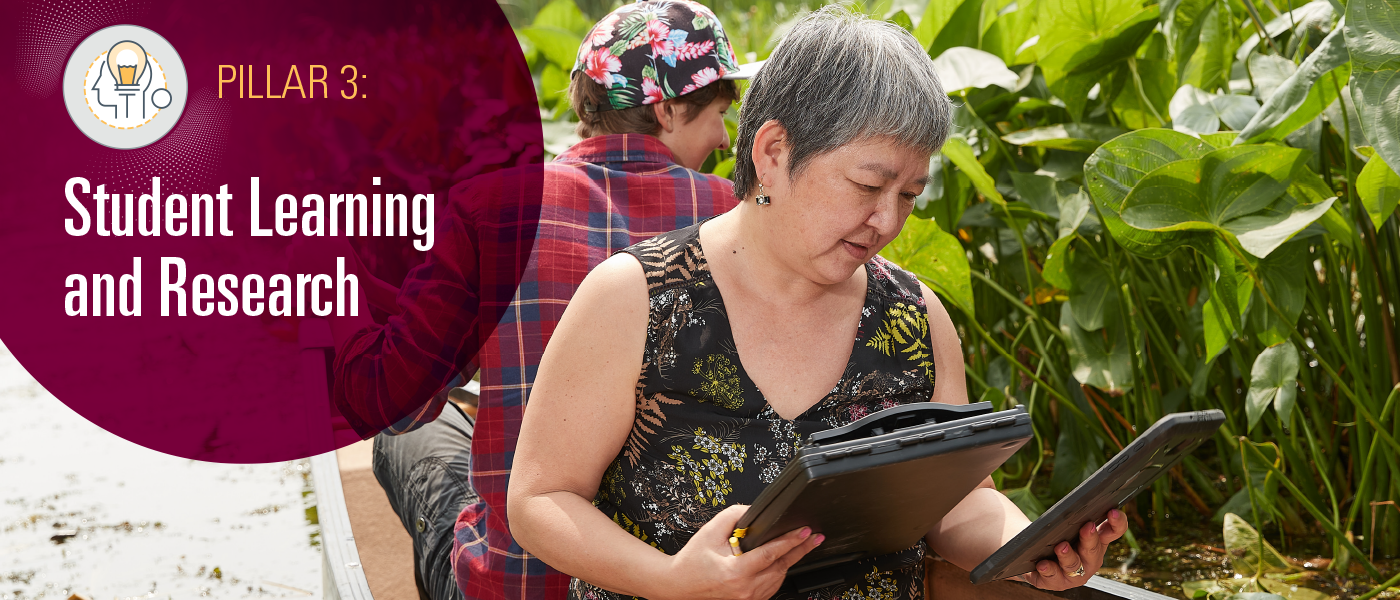Pillar 3: Student Learning and Research
Pictured Above: Biology professor Pat Chow-Fraser (front), a member of McMaster’s Centre for Climate Change, conducts water quality research with a student at Long Point, Ontario.
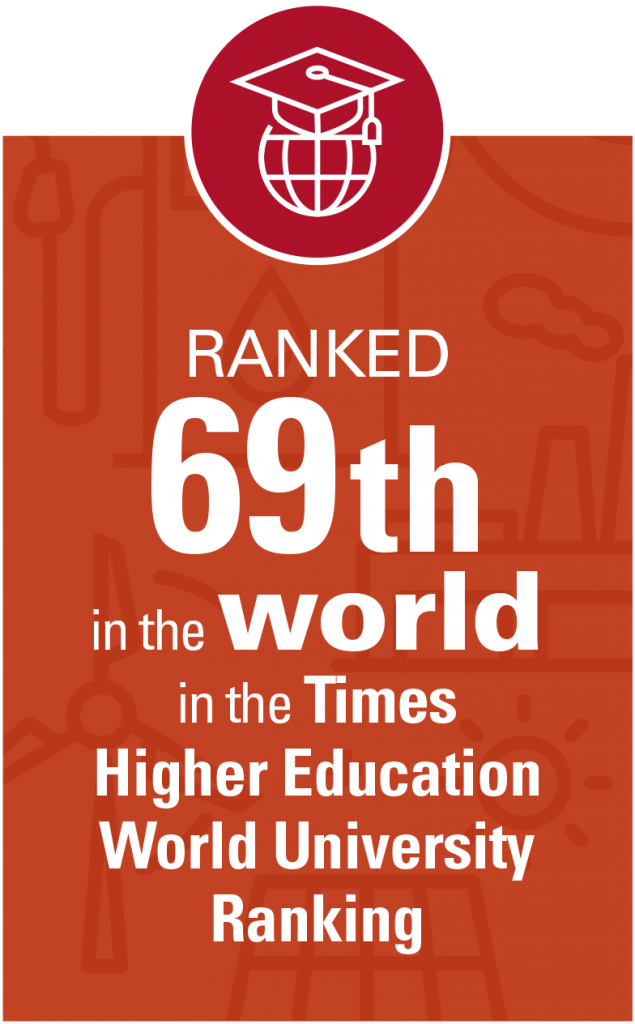
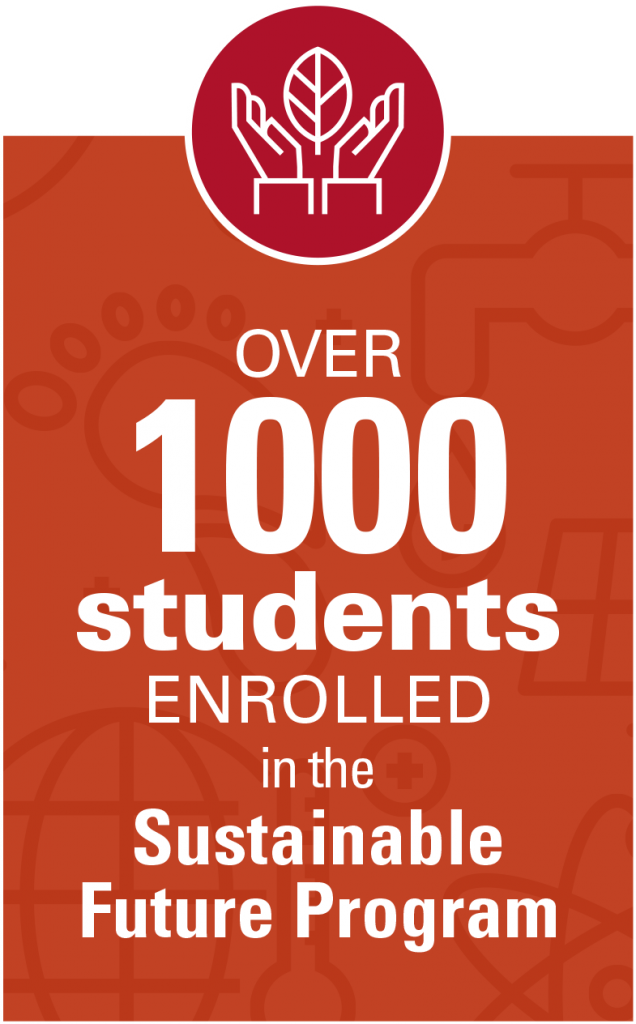
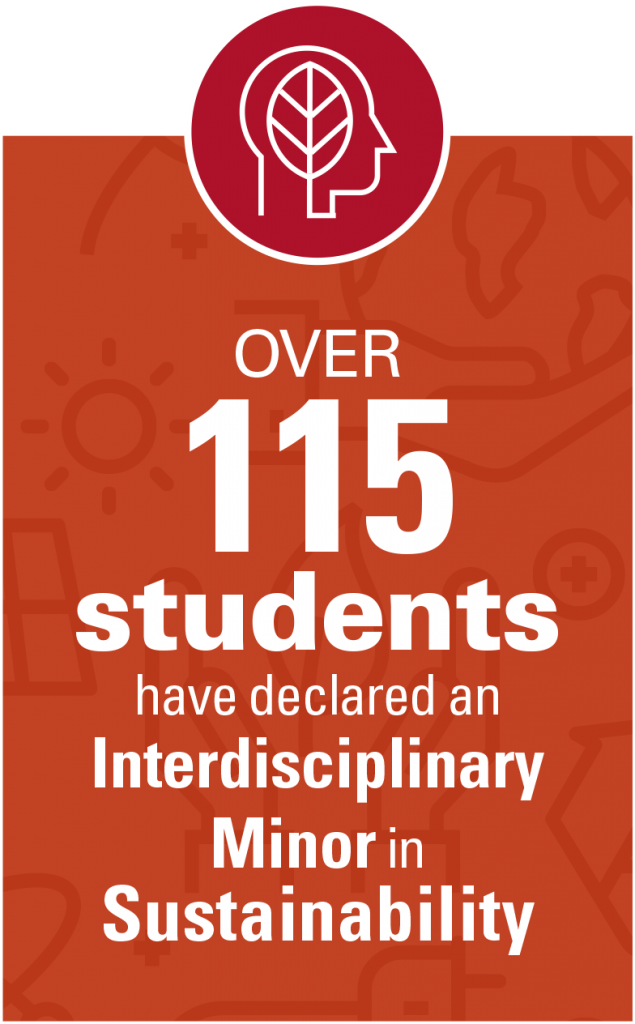

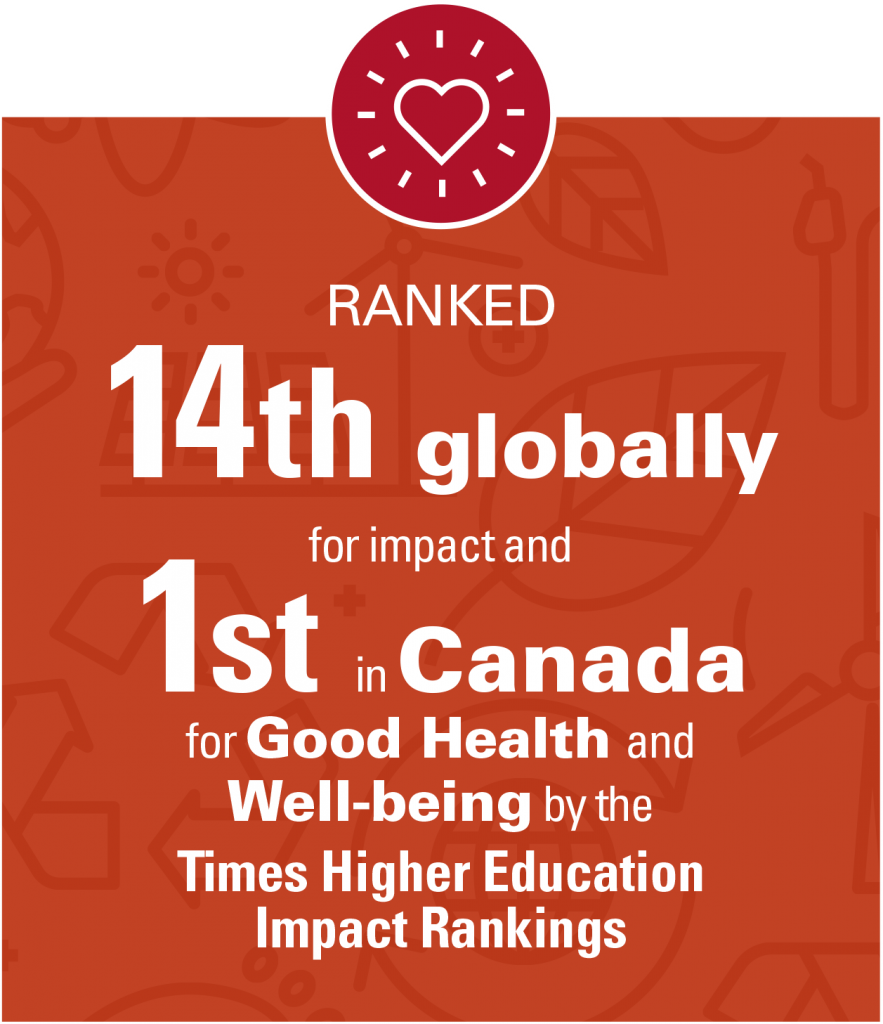
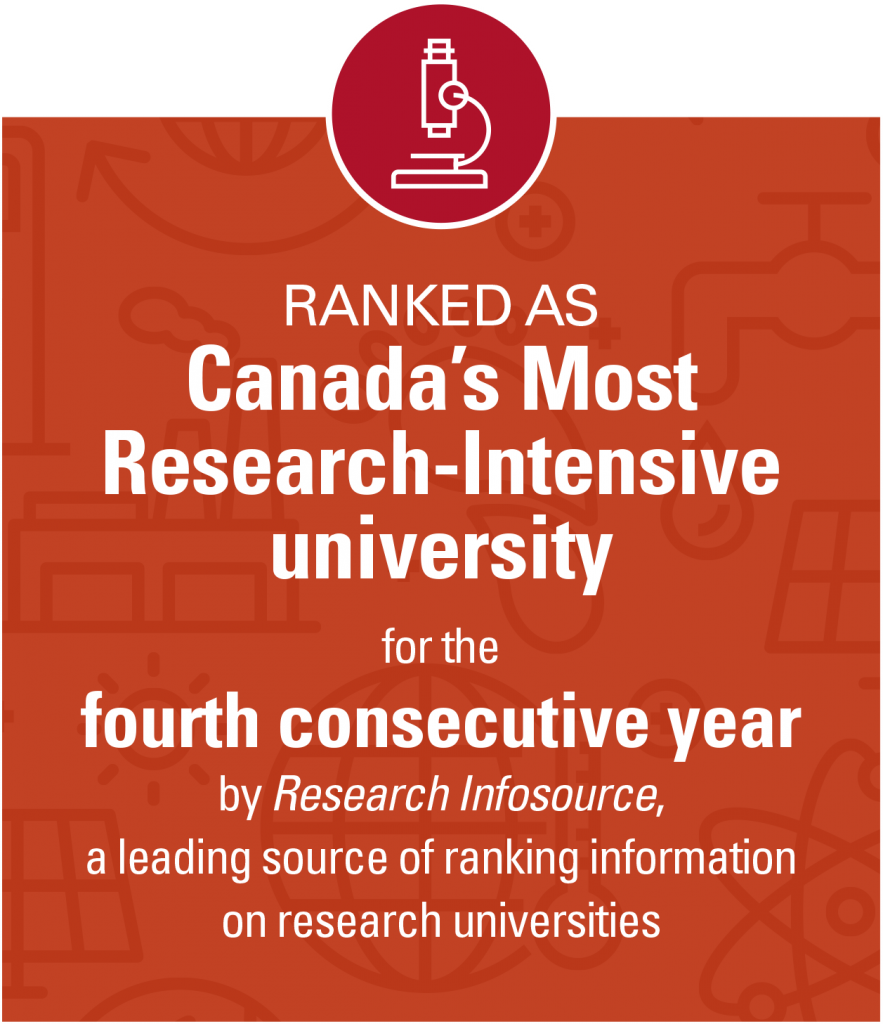
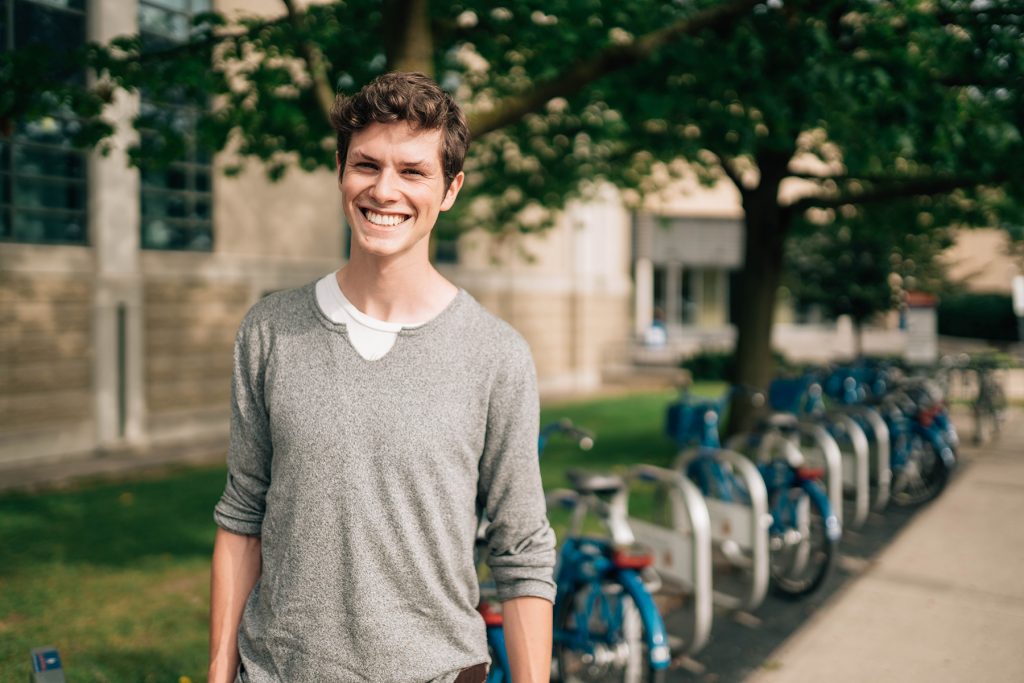
McMaster is dedicated to enhancing its students’ ability to drive real, sustainable change in the face of 21st century challenges.
Through its innovative programs, McMaster prepares students to make a positive impact on the world they will inherit. McMaster’s graduating students go on to make, advocate for and support sustainable change in their communities.
At McMaster, students are active partners in sustainability on campus. This is witnessed through students’ active engagement in student groups such as those run through the McMaster Students Union and the Student Sustainability Ambassadors Program (SSAP), which seeks to generate student awareness of and engagement in sustainability, foster student leadership in sustainability through collaborative and active learning and supports students in their pursuit of sustainable action.
The following are highlights from McMaster’s experiential learning programs which promote sustainability, interdisciplinary learning and innovative thinking.
Information Box Group
MacChangers
Supported by the Faculty of Engineering and the Office of Community Engagement, MacChangers is a co-curricular experiential learning program at McMaster. Students from all Faculties are given the opportunity to propose innovative solutions to the most pressing problems confronting society as identified in the UN SDGs and Our Future Hamilton long-term community vision. Recent projects include reducing paper receipts in local business in Hamilton, designing a new bike lane in the city’s core on Cannon Street and an online resource to address housing needs.
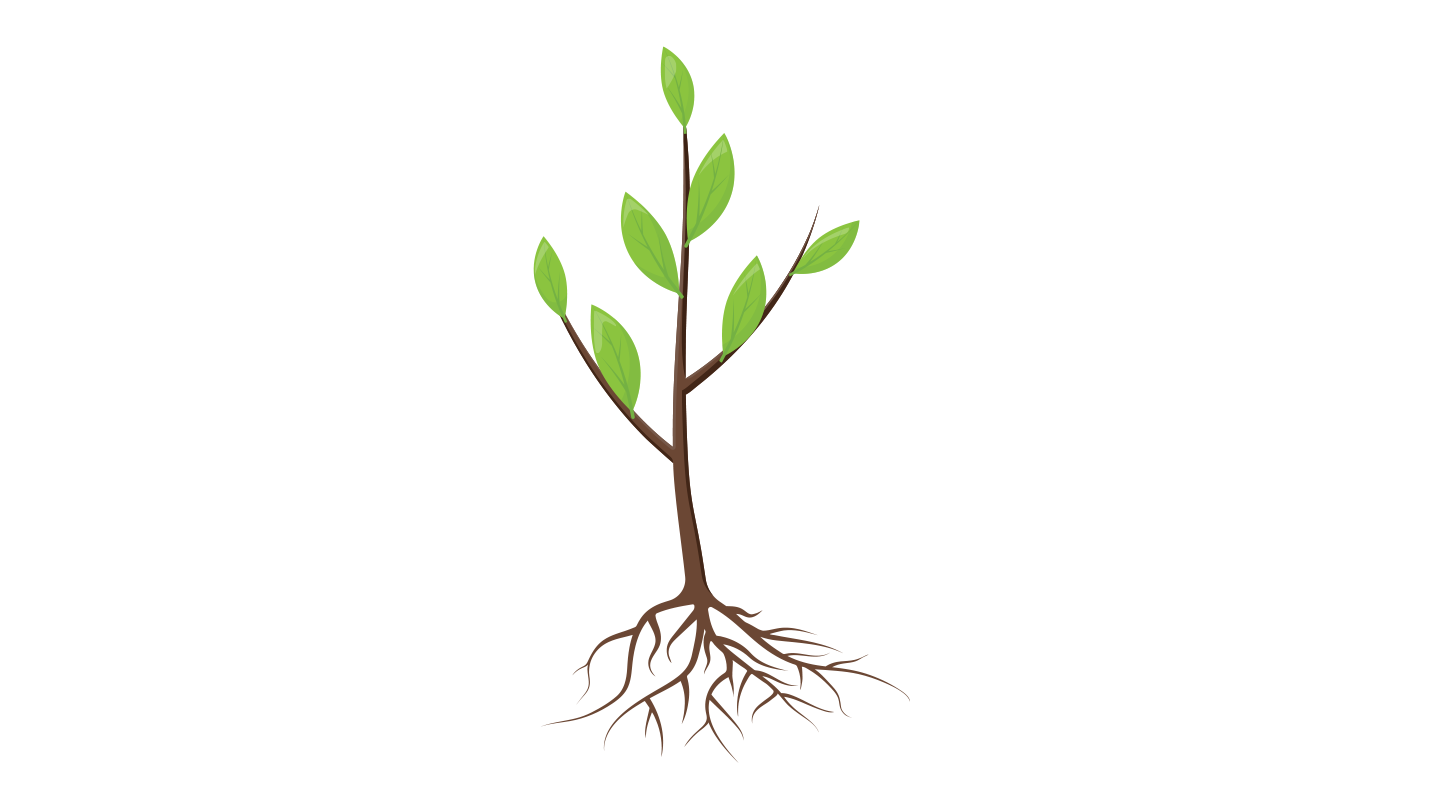
Sustainable Future Program
The Sustainable Future Program consists of a suite of undergraduate courses that provide students with the opportunity for interdisciplinary, student-led, community-based education focused on sustainability. Through the Sustainable Future Program, students engage in experiential learning by developing and implementing real-world sustainability initiatives such as collaborating with the McMaster Campus Store to eliminate single-use plastic bags and coordinating educational tree-planting days on campus. The Sustainable Future Program aims to build reciprocal relationships between students, community members and McMaster University to engage all stakeholders in the journey towards a sustainable future.
For more information on the Sustainable Future Program and associated student projects see McMaster’s Academic Sustainability Programs Office 2019/20 Annual Report.
CityLAB
McMaster partners with CityLAB Hamilton, an innovation hub that brings together student, academic and civic leaders to co-create a better city for all. Offered each fall semester, CityLAB Semester in Residence is a 15-unit course designed for passionate, motivated, and enthusiastic students seeking to learn from their community and apply their studies to enact real world change. Students and staff from the City of Hamilton co-create and design innovative projects to address existing challenges in the community. In 2020 CityLAB Semester in Residence students developed a set of recommendations to aid the development of a horizon scan for Hamilton’s Climate Resiliency Program. Their report will support Hamilton’s first Climate Change Resilience Strategy. Since inception, 106 projects related to healthy neighborhoods, climate change and municipal excellence have been created at CityLAB Hamilton and over 39,000 student hours have been contributed to the projects’ success.
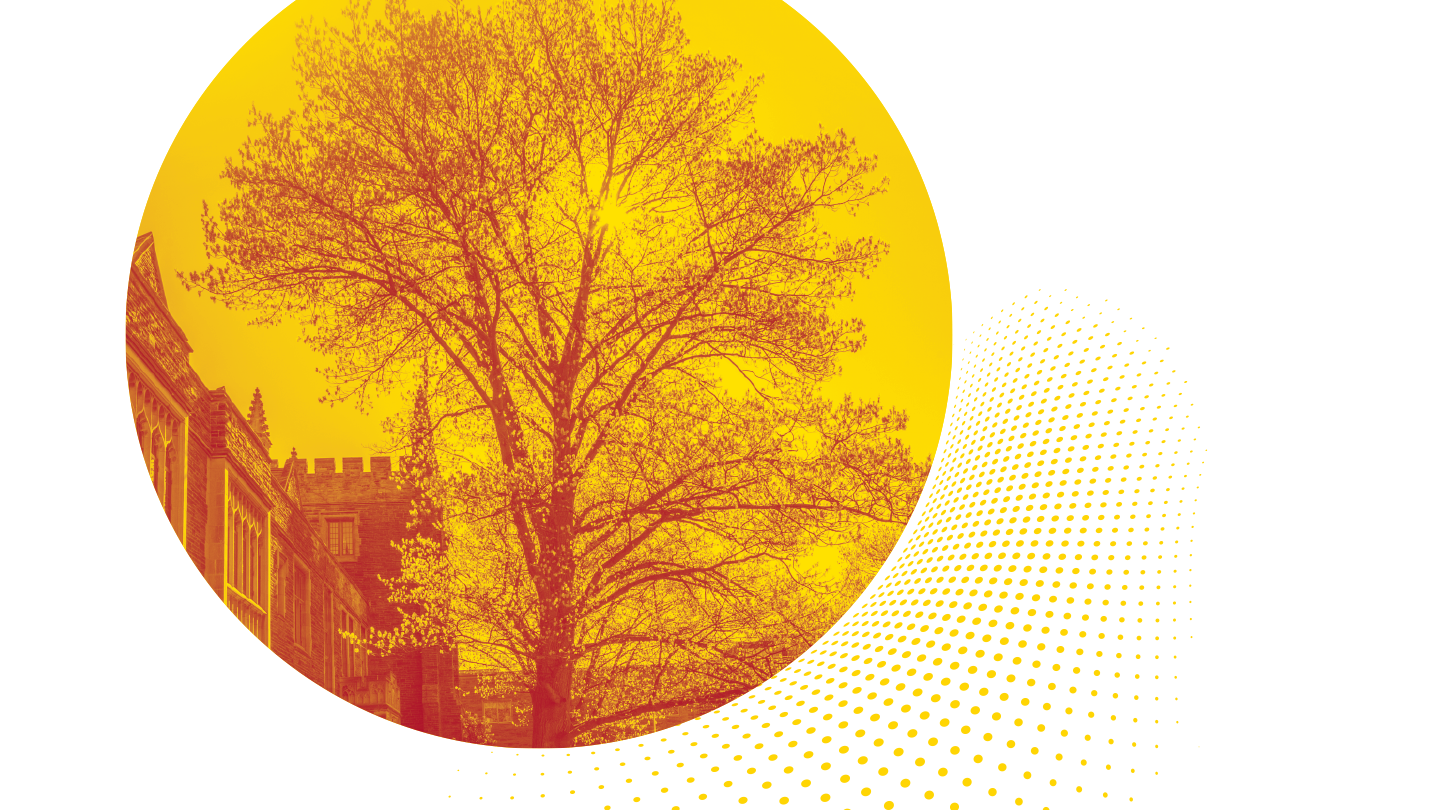
Environmentally Responsible Art
For nearly two decades, the Studio Art program in the School of the Arts has prioritized environmentally responsible art. The program was an early pioneer in shifting environmental attitudes and practices in art. Students, instructional assistants and faculty are committed to an ongoing questioning and revision of material selection, technical processes and studio practices with the aim of safeguarding individual and environmental health. A course devoted to environmentally responsible art and to understanding eco art is offered to all students on campus as part of McMaster’s Interdisciplinary Minor in Sustainability.

Sustainable Chemistry Program
Administered by the Faculty of Science, McMaster’s Honours Sustainable Chemistry program provides students with an integrated and inquiry-based approach to research and problem solving in chemistry and chemistry-related areas. Within the program traditional practices of chemistry are examined through the lens of sustainability, with the objective to develop students who can identify and implement better ways to practice chemistry. This can include developing processes that are fundamentally more efficient, increasingly using renewable feedstocks, employing water as an environmentally friendly solvent, generating less waste and ensuring that waste is non-toxic and can be naturally absorbed by the environment.
Interdisciplinary Minor in Sustainability
McMaster created the Interdisciplinary Minor in Sustainability in September 2014 with the goal to develop students’ interdisciplinary knowledge and understanding of sustainability. Administered by the Arts & Science Program, the Minor provides opportunities to meaningfully engage with communities both within and outside of McMaster. To gain a truly interdisciplinary perspective of sustainability, students can now choose from over 76 courses offered from all Faculties across campus, with a requirement to take courses from two or more. The wide selection of courses enables students to tailor a minor that compliments their major and choose the sustainability emphasis that is right for them.
Over 115 students have declared an Interdisciplinary Minor in Sustainability

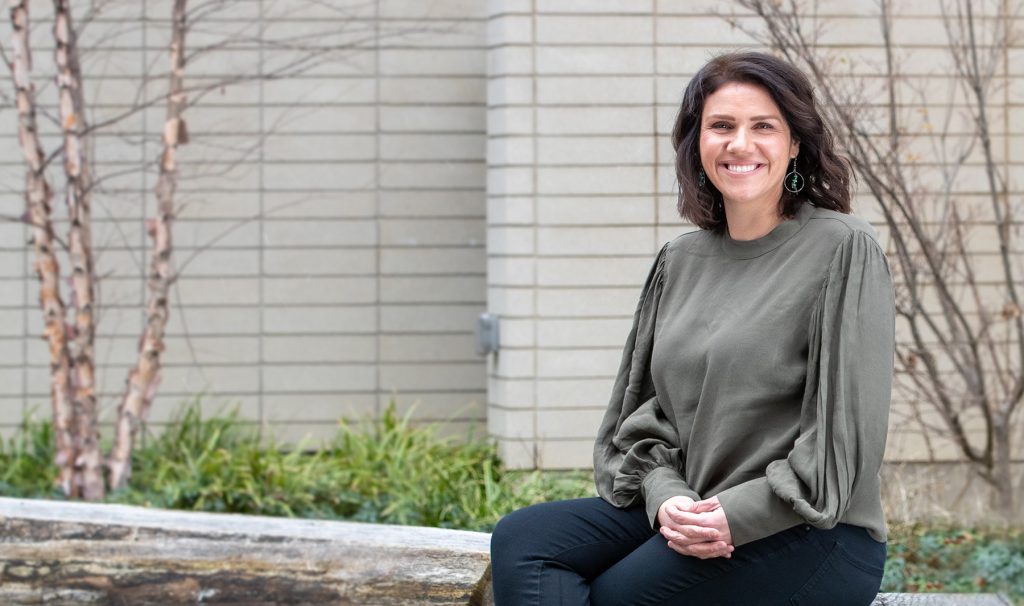
McMaster aims to have a positive impact at the local, regional and global level.
McMaster’s research ranges from pandemic preparedness to climate change, social justice and Indigenous Ways of Knowing. The impact of research and scholarship, particularly as it relates to the UN Sustainable Development Goals, is a key focus area across campus. The following highlights showcase the university’s research on climate change, global water challenges, environmental health and sustainable energy.
To explore McMaster’s full range of research areas, visit the Research & Innovation webpage.
Information Box Group
By 2030, McMaster will reduce greenhouse gas emissions on campus by 75%.
This is a reduction of 30,300 tonnes of carbon dioxide equivalent (CO2e) annually,
or the amount of greenhouse gases emitted every year by 9,283 gas-powered cars.
McMaster Centre for Climate Change (MCCC)
McMaster recognizes that climate change is one of the most pressing challenges facing society today. The Faculty of Science’s, McMaster Centre for Climate Change (MCCC) promotes and facilitates education, research activities and collaboration in order to understand the impacts of climate change on the environment, ecosystems, water resources and human health and deliver solutions. In addition to climate-related research, MCCC is engaging with local communities through partnership with the City of Hamilton and ongoing outreach activities. MCCC is educating future generations about the challenges associated with climate change through high school outreach where local students visit McMaster’s campus for Climate Day and graduate students and professors visit schools across the city and region.
Responsible Investing Research Read More
Researchers from the DeGroote School of Business are currently conducting a study to explore the challenges and successes of advisors and investors in making responsible investments. Responsible investing helps investors earn financial returns while accounting for social and environmental issues. The goal is to understand if and how financial advisors adopt responsible investing, the challenges they face in engaging clients with responsible investing and the journey that responsible investors undertake in their efforts to obtain applicable financial advice. Ultimately, the study will help understand if and how the retail market for socially responsible investing is being created.
Electric Vehicle Research at McMaster Automotive Resource Centre (MARC)
Located at the McMaster Innovation Park, the McMaster Automotive Resource Centre is one of Canada’s leading research facilities in electric and hybrid vehicles. Together, teams of engineers, scientists, social scientists and their students are developing sustainable energy-efficient solutions for the automotive industry from advanced electric motors, power electronics, energy management systems, and controls to electrified powertrains, electric vehicles and autonomous systems. In 2020, MARC received the Natural Sciences and Engineering Research Council of Canada (NSERC) Synergy Award for Innovation for McMaster’s ongoing collaboration with Fiat Chrysler Auto to develop the next generation of electric and hybrid vehicles.
Spotlight: The Co-Creation of Indigenous Water Quality Tools
Researchers from the Faculty of Engineering and the Indigenous Studies Program are working with two communities, the Six Nations of the Grand River (Ontario) and Lubicon Cree Nation of Little Buffalo (Northern Alberta), to identify and understand the range of water challenges faced by Indigenous communities.
The project uses an innovative research framework to facilitate sharing and integration of contemporary science and Indigenous and Local Knowledge to monitor source water with continuous environmental sensors, investigate the cause of health issues related to contaminated water and develop appropriate place-based solutions.
The results will help build long-term and sustained community capacity to address current and future uncertainties in water quality. Many other Indigenous communities across Canada will benefit from the knowledge, experience and expertise gained from this project.
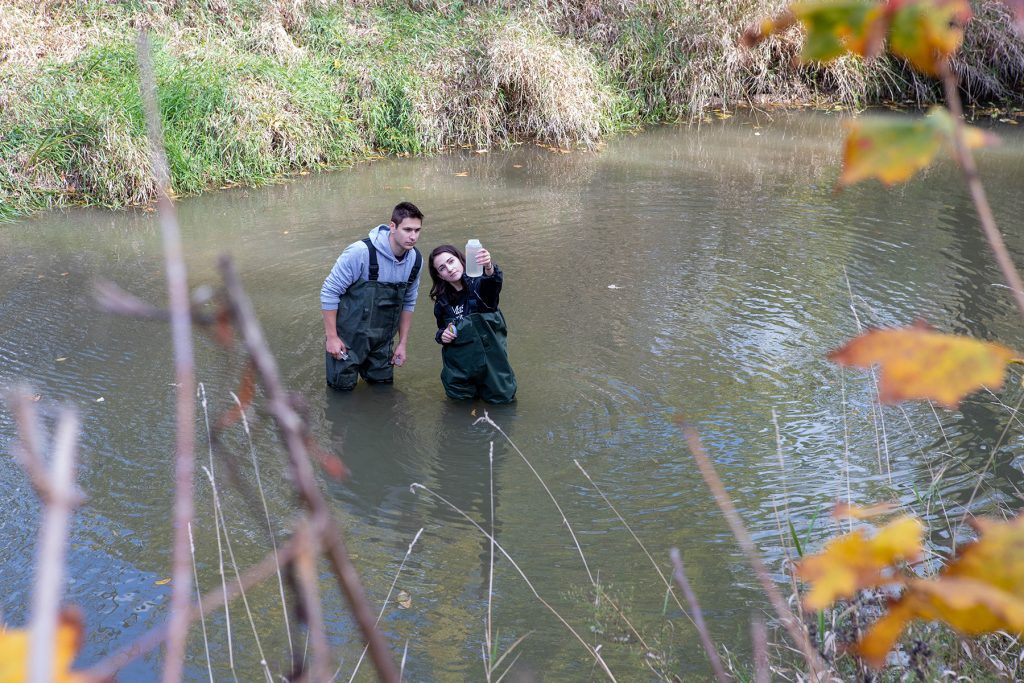
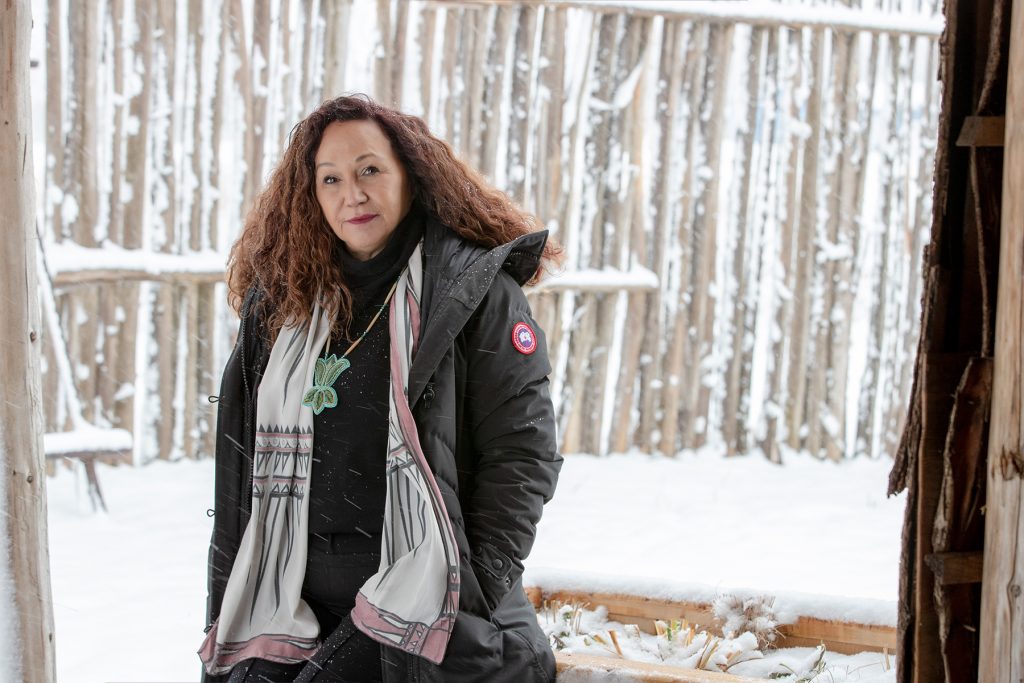
Information Box Group

McMaster Global Health Office (GHO)
The Global Health Office (GHO) collaborates with the Faculty of Health Sciences to strengthen capacity in health care research, education and delivery. In 2020 the GHO conducted a simulation exercise, an interactive form of training that required students in the MSc Global Health program to collaborate with peers to navigate a global health problem and develop a solution. The exercise was designed around the UN SDGs, specifically Goal 6 (Clean Water and Sanitation) and Goal 13 (Climate Action). The simulation explored the implications of water toxicity and its potential impacts on human and seal populations. While many global health issues and concerns were considered, the group decided on this simulation because there was a strong consensus to focus on the environment.
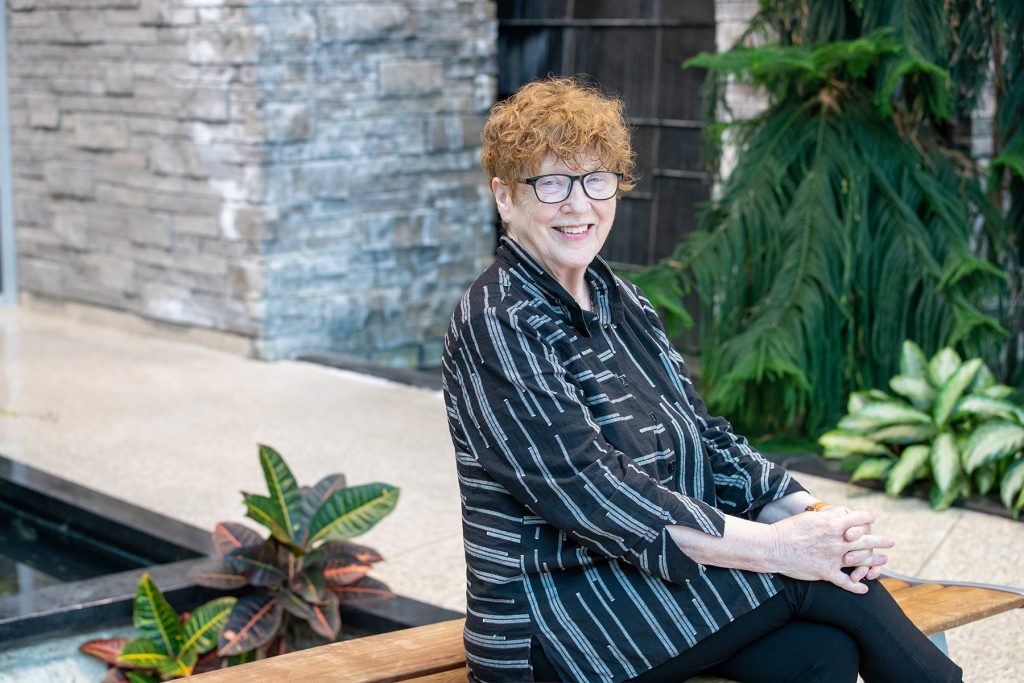
Andrea Baumann, Associate Vice-President of Global Health, Director of the WHO Collaborating Centre in Primary Care and Health Human Resources and Fellow in the Canadian Academy of Health Sciences.
McMaster Water Network (MWN)
The McMaster Water Network (MWN) is a group of students and faculty as well as community partners and stakeholders with a common interest in water. Each year the MWN hosts McMaster’s Water Week to showcase the incredible water research going on at the university. The group aims to use a transdisciplinary approach to connect water research with policy, practice and people to deliver local and global impacts. The McMaster Water Network Student Chapter (MWNSC) empowers students to engage in community- and student-based projects that are focused on water leadership, advocacy and sustainability.
Faculty of Social Sciences: Self-Reporting SDG Research
In line with McMaster’s commitment to achieving the United Nations Sustainable Development Goals, the Faculty of Social Sciences initiated an annual survey for faculty members to self-report research related to any of the 17 SDGs. In 2019, of the 86 faculty members that participated in the study, over 87 per cent of researchers were involved in research relating to one or more of the SDGs.
McMaster Indigenous Research Institute (MIRI)
The McMaster Indigenous Research Institute (MIRI) is a world-class institute recognized for its leadership in the field of Indigenous research. The overarching priority of MIRI is to foster research excellence and best practices for all Indigenous related research across McMaster. In 2020, MIRI coordinated an Indigenous Community Health and Research conference (ICHR) in partnership with the McMaster Indigenous Health Movement Student Group and the Faculty of Health Sciences. The ICHR conference was launched at The Gathering Place by the Grand on Six Nations and explored health and equity of Indigenous peoples as well as intersections with environmental health and climate change.
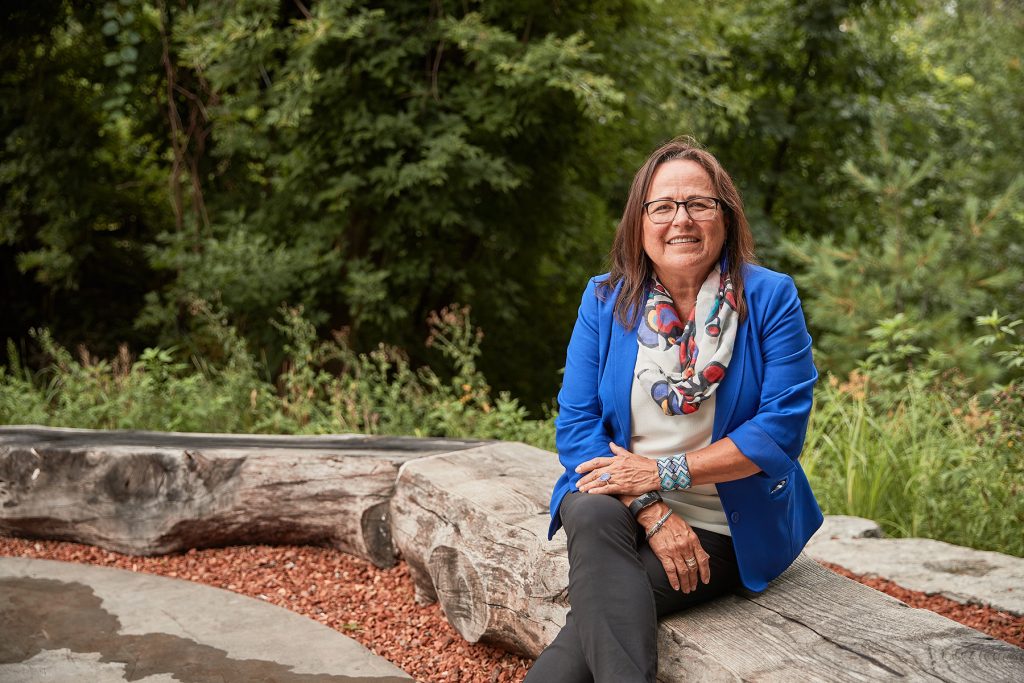
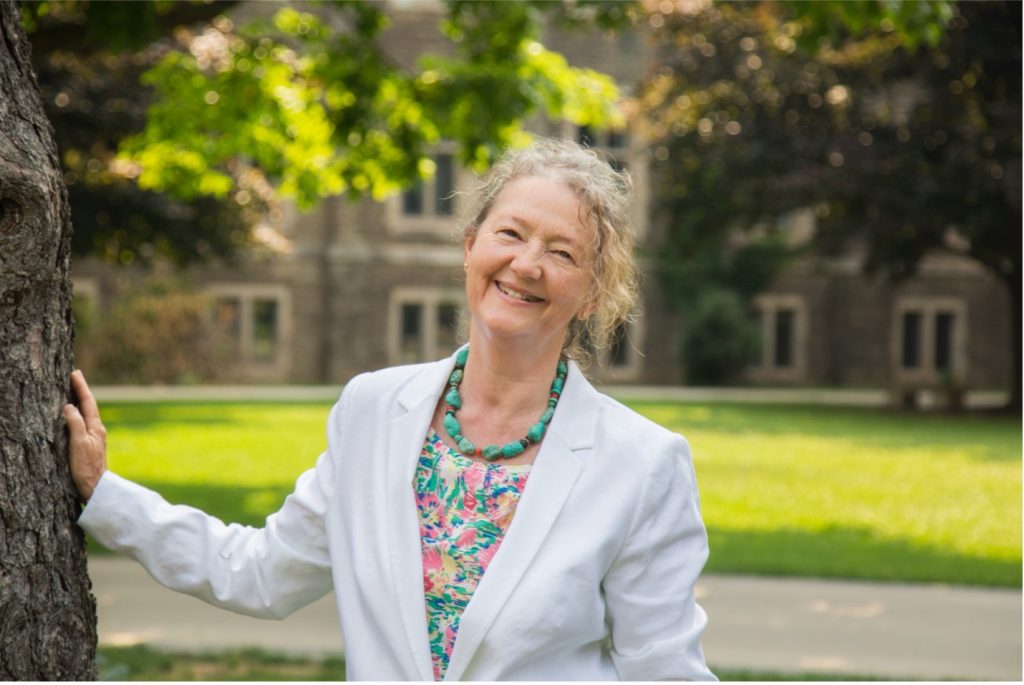
Water Without Boarders:
An International Collaboration: McMaster University and the United Nations University Institute of Water, Environment and Health
Water Without Borders (WWB) is a Joint Graduate Diploma Program of UNU Institute for Water, Environment and Health and McMaster University. Taken in conjunction with a graduate degree in a “home program” at the masters or doctoral level, WWB offers students unique global reach through UN-centric learning experiences linking the human right to water and the Sustainable Development Goals. Supported by the research expertise of UNU- INWEH and McMaster, students learn and apply water policy fundaments.
McMaster Institute for Energy Studies (MIES)
The McMaster Institute for Energy Studies (MIES) is dedicated to developing sustainable energy practices and technologies to meet the growing demands of the world around us. It encourages and fosters an interdisciplinary systems approach to solving energy problems; its research mission emphasizes the economic and environmental impacts of all stages in the energy process. MIES is conducting ground breaking research in solar, wind and nuclear energy, as well as fuel cell technology. Ongoing research projects include the Integrated Community Energy and Harvesting Systems (ICE-Harvest) which uses a whole-systems thinking approach to integrate thermal and electrical energy production, storage, redistribution and consumption while significantly reducing greenhouse gas (GHG) emissions.
